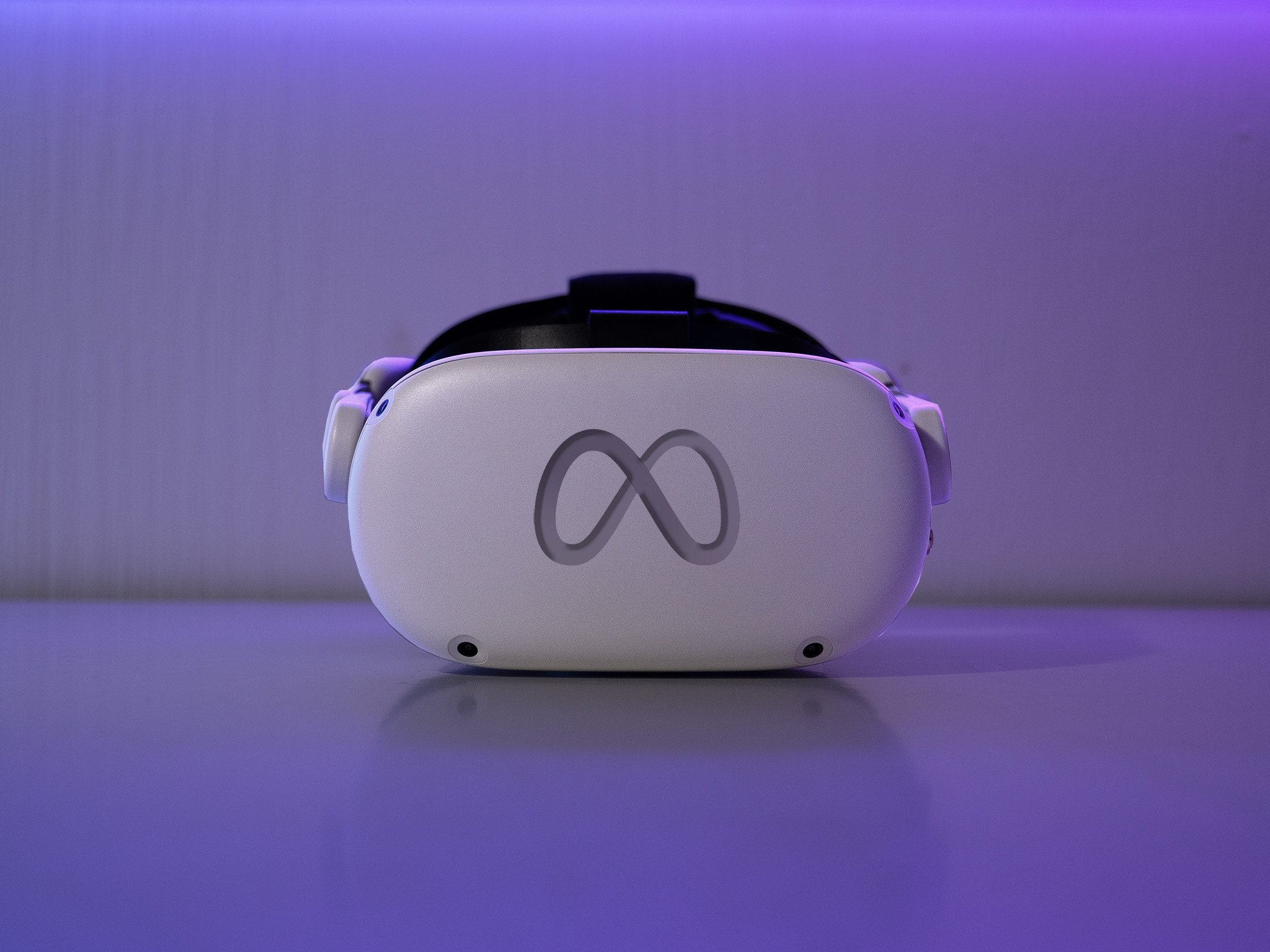Investing in the “metaverse” is clearly more expensive than we realize.

What you need to know
- In its fourth-quarter earnings report, Meta reported $33.6 billion in revenue over the past three months.
- Facebook shares tumbled as growth fell short of expectations despite a 20% year-over-year increase.
- Facebook Reality Labs has revenue of about $2.3 billion in 2021, but total revenue has been negative each quarter.
- Meta is reportedly turning to Reels to compete with TikTok, which is cutting its profits.
- Zuckerberg blamed iOS privacy changes and new European regulations for reducing user data capture, cutting profits.
Meta’s fourth-quarter 2021 earnings report was the first to separate its app and ad revenue from its Reality Labs hardware division for VR and AR. According to the first report, despite the success of the Oculus Quest 2, we know exactly how much Meta has put into its virtual and augmented reality efforts.
According to the report, Reality Labs’ revenue for the four quarters of 2021, including Quest 2 sales and software sales, was $534 million, $305 million, $558 million, and $877 million, for a total of $2.3 billion. Clearly, Black Friday and the holiday season saw a significant increase in sales.
Still, Reality Labs’ actual revenue was net negative for the full year, losing $1.8 billion, $2.4 billion, $2.6 billion, and $3.3 billion in the same quarters. The increase in sales corresponds to the increase in other costs: likely due to higher advertising costs, acquisitions of new developers and games (such as Supernatural and Grand Theft Auto: San Andreas), and R&D costs for upcoming hardware. combination.

On the earnings call, Mark Zuckerberg said the Oculus Store has already generated $1 billion in revenue — although it’s unclear if that’s in 2021 or the entire period. Regardless, it confirms previous evidence that the Quest Store is very lucrative for developers, even if it’s not for Meta.
Zuckerberg also mentioned that they are “working on releasing a higher-end VR headset later this year.” This is likely a reference to the Quest Pro codenamed Project Cambria, a headset with improved lenses, cameras for eye tracking and improved pass-through, redesigned controllers and other upgrades.
He also mentioned their work on Meta’s AR glasses prototype, Project Nazare, and their work on building the “basic hardware and software” for the Metaverse. He specifically stated that Metaverse will be accessible in a “non-VR format.”
 Zuckerberg’s Metaverse house is more expensive than we thought.
Zuckerberg’s Metaverse house is more expensive than we thought.
In addition to the VR/AR losses, Meta’s app and ad-based revenue fell short of expectations, which CNBC reported sent shares down 20%.
In its reports and earnings calls, Meta put much of the blame on Apple’s shoulders. Its new iOS restriction that allows users to opt out of providing data to apps wreaked havoc on Meta. “The accuracy of our ads has declined,” and because of the changes, it’s become more difficult to determine the outcome of ad clicks, an executive on the call said. During the Q&A session, Meta attacked Apple for taking ad dollars from Google and leaving those policies to other companies.
Otherwise, Meta blames its lower revenue on its focus on competing with TikTok. It launched new Instagram Reels as a way to reach a younger demographic, but those videos didn’t offer much monetization opportunity compared to previous Facebook videos. As such, Meta may continue to see slower growth in the near term in order to build long-term support with Gen Z.

Leave a Reply